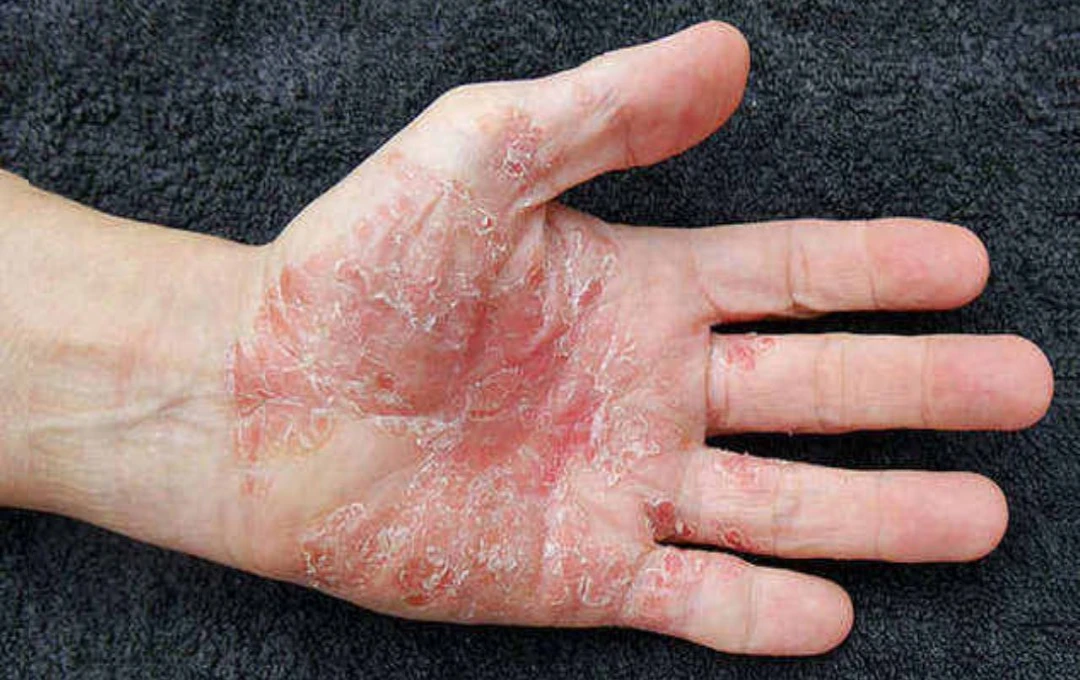Symptoms of prostate cancer may include frequent urination, painful urination, burning sensation during urination, or blood in the urine. Do not ignore these symptoms. Seek medical attention promptly to begin treatment and prevent serious complications. If you experience frequent urination that has become habitual, do not take it lightly. Many people disregard this as a minor issue, but it can actually be a sign of a serious health problem, particularly prostate cancer.
Any abnormality during urination, such as pain, burning, blood, or urinary retention, could indicate prostate problems. Therefore, if you are experiencing such issues, this article will guide you on how to identify potential prostate cancer symptoms and explore treatment options.
What is the Prostate Gland and Why is it Important?
The prostate, also known as the prostate gland, is a vital organ in the male reproductive system. Located below the bladder, its primary function is to add fluid to semen. This gland typically enlarges with age, especially after 40. Enlargement can lead to urination problems. Furthermore, any abnormality in the prostate can be detrimental to health.
Prostate problems are commonly associated with aging, but nowadays, this condition can occur at any age, especially if symptoms are present. Therefore, if you experience frequent urination, it could indicate prostate problems, with prostate cancer being a serious possibility.

Prostate Cancer Symptoms: Identification and Timely Treatment
Recognizing prostate cancer symptoms is crucial because early detection significantly improves treatment outcomes. Urinary problems like frequent urination or painful urination can signal a prostate issue. Let's examine some common symptoms:
- Frequent Urination: The frequent need to urinate, both during the day and night, can be a sign of prostate cancer. This can also lead to interruptions in the urinary process.
- Urinary Obstruction: Difficulty or interruption during urination is another potential indication of a prostate problem.
- Burning and Pain During Urination: A burning sensation or pain during urination can signify a prostate condition, often caused by infection or cancer.
- Blood in Urine or Semen: Blood in the urine or semen is a serious issue and should not be ignored. Immediate medical attention is required.
- Pain During Ejaculation: Pain experienced during ejaculation can also be a symptom of prostate cancer.
- Hip Pain: Hip pain can indicate prostate cancer, often appearing in advanced stages.
Is Prostate Cancer Treatable?
Prostate cancer is entirely treatable, provided it's detected early and treated promptly. If you seek medical attention at the onset of symptoms, effective treatment is highly possible. Treatment options include surgery, chemotherapy, and radiotherapy. However, successful treatment relies on early detection, so consulting a doctor is vital rather than ignoring symptoms.
How is Prostate Cancer Diagnosed?
Doctors employ several tests to diagnose prostate cancer. Two primary tests are:
- Digital Rectal Exam (DRE): The doctor palpates the prostate through the rectum to assess its condition and size, identifying any abnormalities.
- PSA Blood Test (Prostate-Specific Antigen): This blood test measures prostate-specific antigen (PSA) levels, which can indicate prostate cancer. Elevated PSA levels may suggest the presence of cancer.
Prostate Cancer Treatment: Surgery and Other Therapies

Timely treatment offers a high chance of a complete cure for prostate cancer. In the early stages, surgery to remove the prostate may be performed. Chemotherapy and radiotherapy are also effective treatment options. Surgery involves removing the prostate gland to eliminate the cancer. However, adherence to lifestyle changes and medication as advised by the doctor is crucial throughout the treatment process.
Why is Timely Treatment Essential?
Early detection and treatment of prostate cancer are paramount. Early identification of symptoms makes treatment easier and more effective. Timely treatment reduces the risk of cancer spread and preserves quality of life.
Ignoring symptoms can lead to cancer progression, making treatment more challenging and impacting the body more severely. Therefore, if you experience any urinary issues, consult a doctor immediately for examination. This allows for timely treatment and control of prostate cancer.
Frequent urinary pressure, burning or pain during urination, or blood in the urine could indicate prostate cancer. Seek immediate medical attention if you exhibit these symptoms. Prostate cancer is entirely treatable, and timely intervention ensures effective management. Prioritize your health; don't ignore symptoms and consult a doctor promptly.










